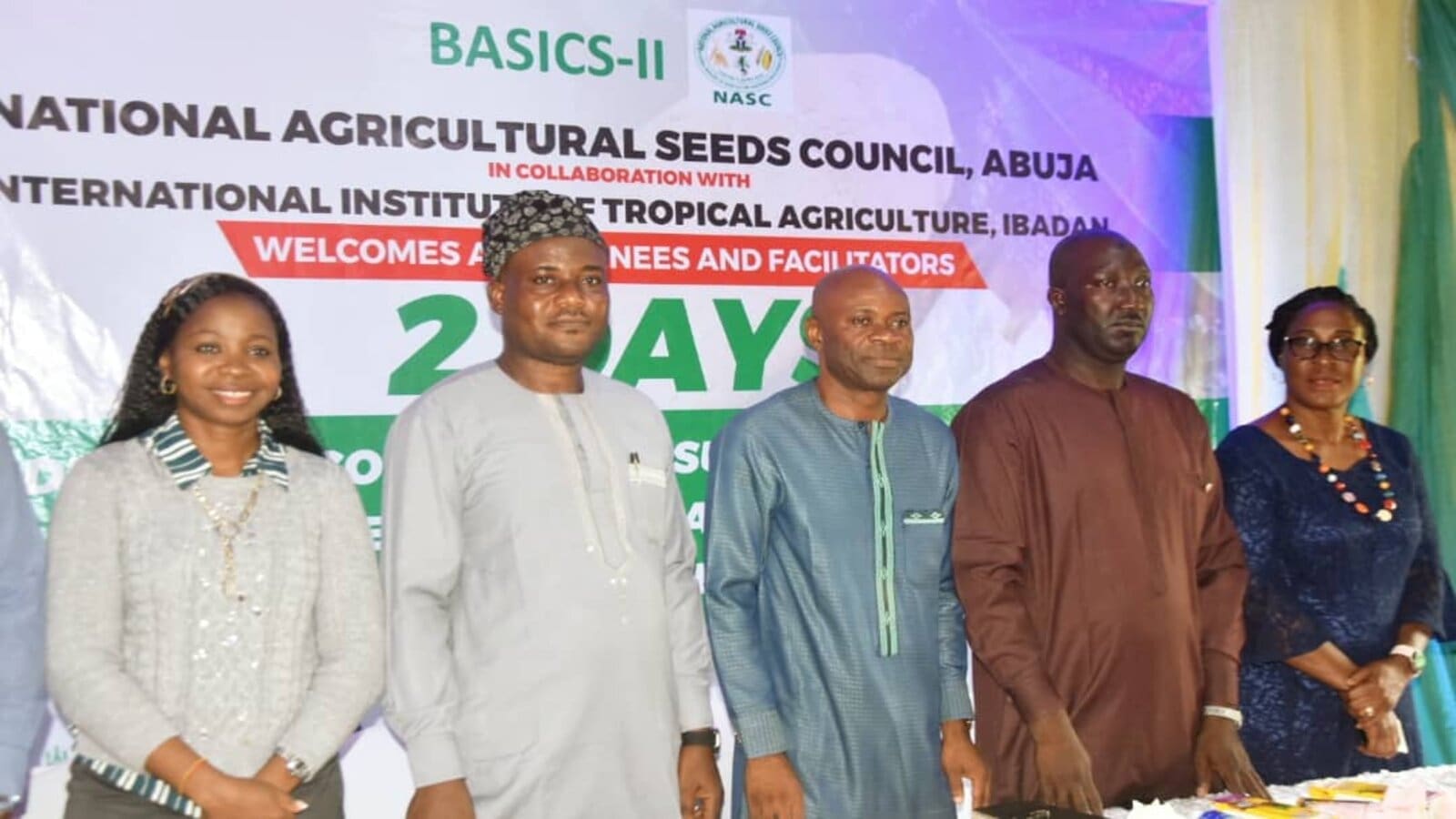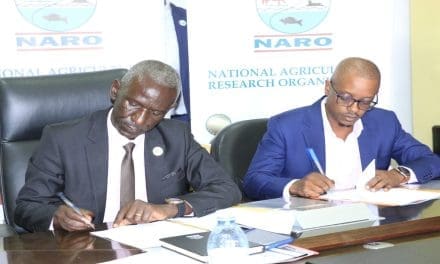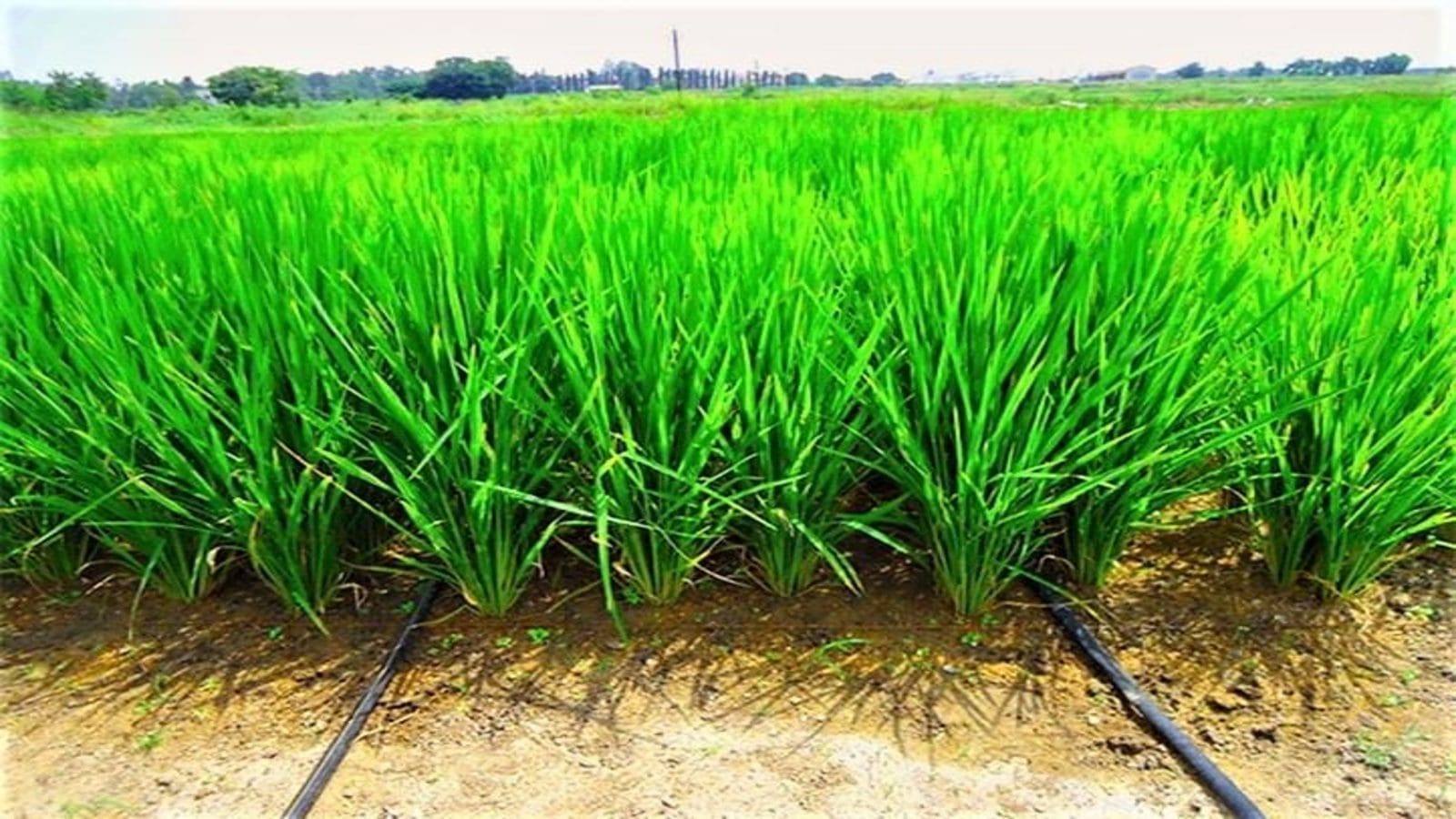SENEGAL – The Senegalese Institute for Agricultural Research (ISRA), a public research institute, has harvested four varieties of homegrown wheat on a demonstration plot in Sangalkam, the latest step in a years-long effort to reduce reliance on imports.
According to Zawya, the results follow ISRA’s establishment of a wheat trial project aimed at releasing high throughput and adaptable seed varieties for smallholder farmers to tackle the worsening wheat importation situation in Senegal.
In Senegal, wheat is the second most consumed cereal after rice, recognized as key to accelerating the achievement of national food security, production self-sufficiency drive, and the broadening of the state revenue channels.
According to the state, the segment keeps rising in relevance owing to a huge household pivot to consuming non-traditional, wheat-derivative foods such as bread, semolina, pasta, and pastries
However, despite the high appetite, the country’s tropical climate is not naturally suited to wheat forcing the state to import 800,000 tonnes of grain per year.
In addition, supply chain problems, rising grain prices, and inflation caused by the war in Ukraine has added urgency to the country’s efforts to achieve self-sufficiency.
Amadou Tidiane Sall, one of the researchers, revealed that the institute operates five demonstration plots in total — two near Dakar and three in the Senegal River Valley — in a bid to tackle climate-related challenges.
However, Amadou said that after testing hundreds of varieties, many have proved unsuitable and only four have indicated a potential to be cultivated in the country.
According to the scientists, of the four varieties, three are Egyptian while the fourth one was developed by the institute.
Therefore, the institute is optimistic as the Sangalkam crop, one of several successful experiments by the institute was sown in early January and matured in three months during Senegal’s cold season.
Aly Ngouille Ndiaye, the Agriculture Minister visited the plot earlier this month and applauded the varieties acknowledging that the country has significant potential.
“We have significant potential,” the minister said during his visit, promising the government would work with the private sector to expand trial plots.
Aly, however, acknowledged that the lack of adequate water for irrigation posed a significant challenge to the cultivation of wheat in the country.
However, the remarkable turnaround in the wheat production sector spells possibilities for closing the current import gaps as the country strives to transform the nation into a food basket.
For all the latest grains industry news from Africa, the Middle East and the World, subscribe to our weekly NEWSLETTERS, follow us on LinkedIn and subscribe to our YouTube channel









